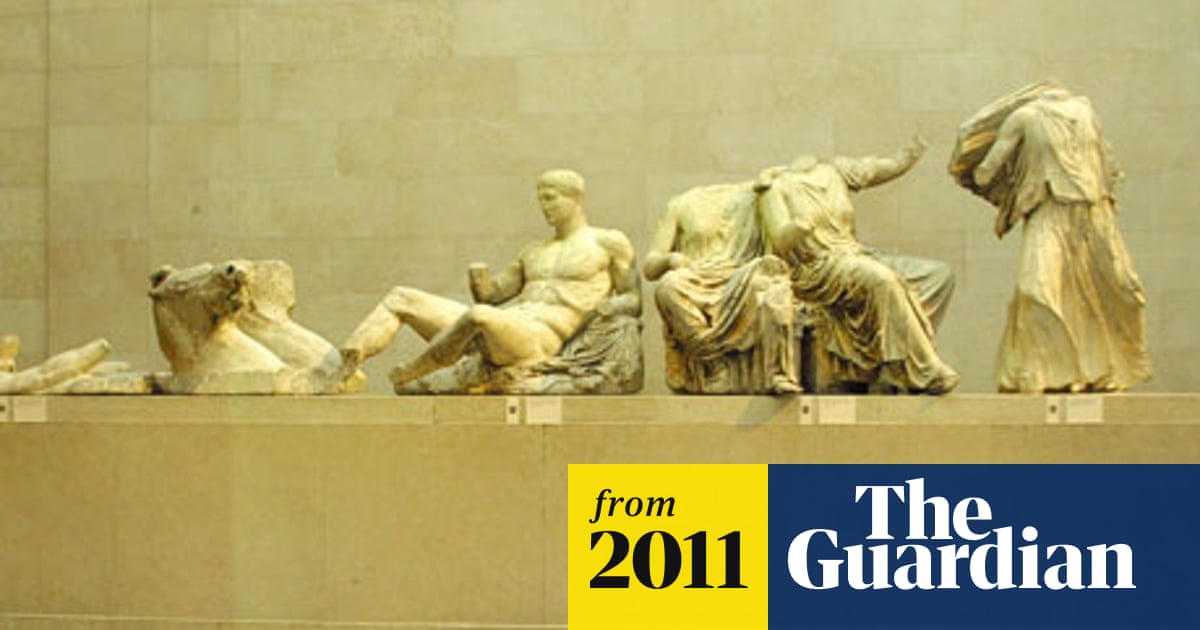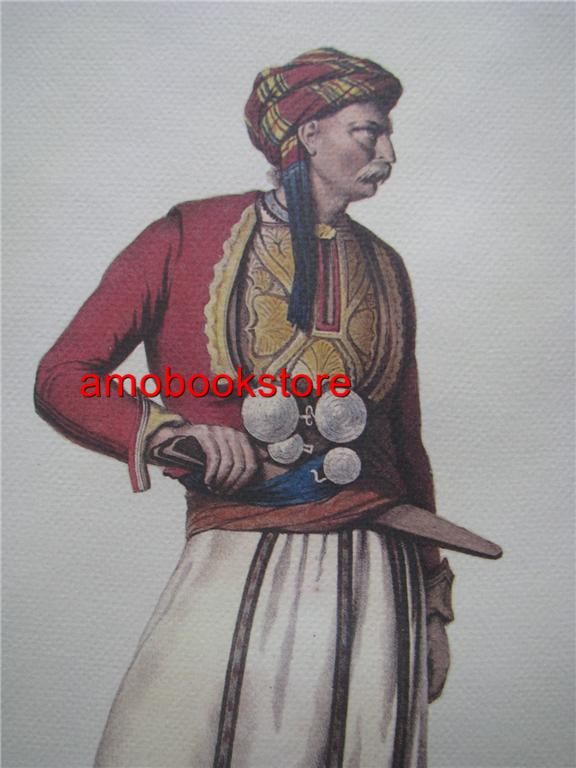Originally posted by Amphipolis
View Post
Most of all Byron was also a celebrity of his time, so his dedication to the Greek cause means a lot for us.
It would be like... Michael Jackson leaving his home and joining rebels in the mountains of Bosnia.





 it seems that since bankruptcy modern 'greece' has been relegated to a kitten meow from a chiuaua bark
it seems that since bankruptcy modern 'greece' has been relegated to a kitten meow from a chiuaua bark  I thought this was "your identity"? What a joke.
I thought this was "your identity"? What a joke.


Leave a comment: